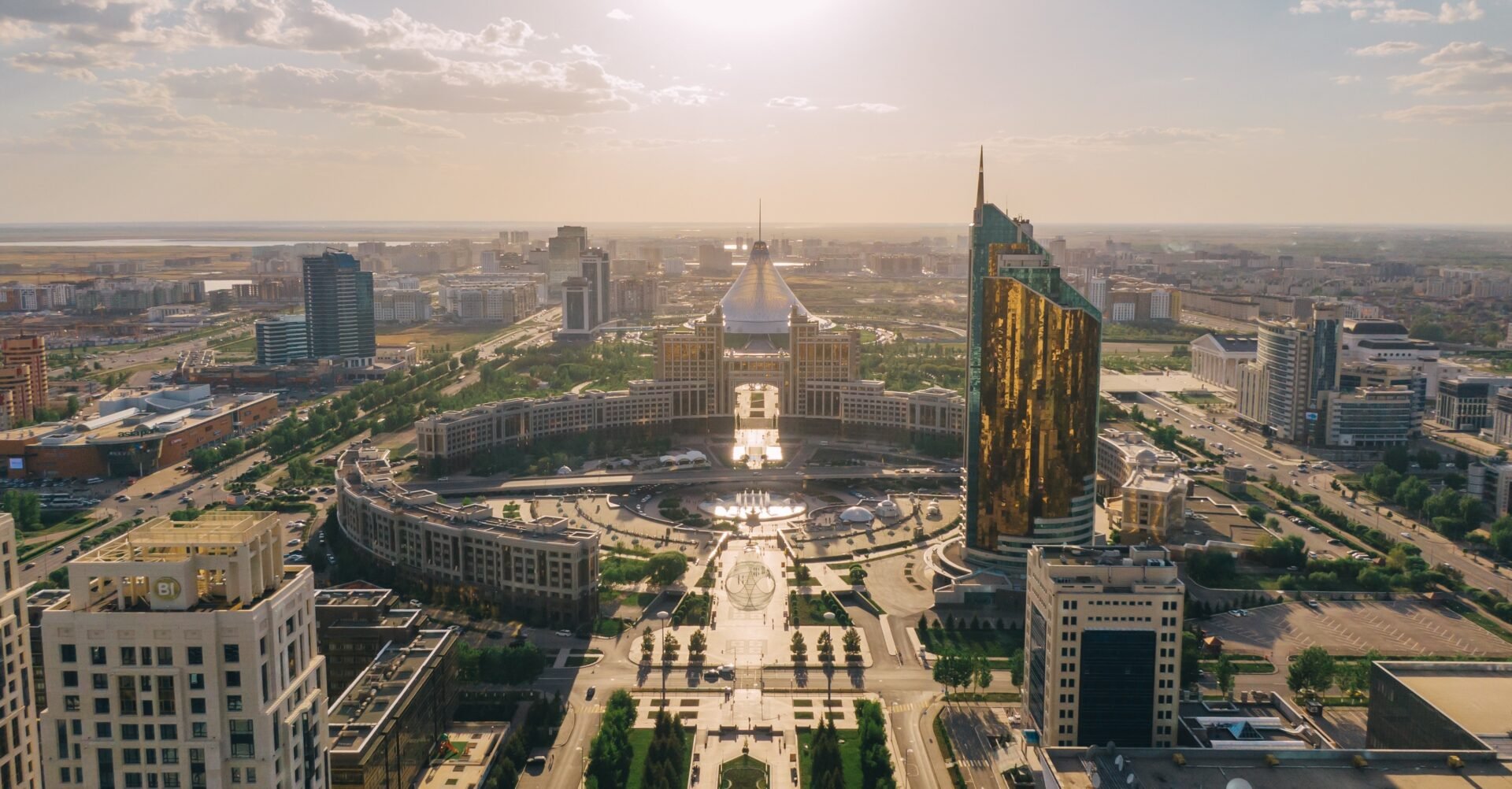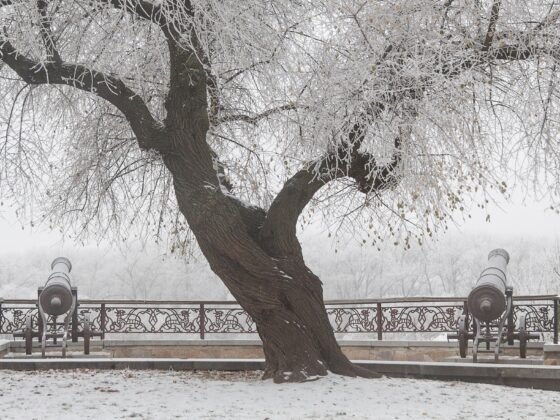Central Asian Responses to COVID-19: Regime Legitimacy and [De]Securitization of the Health Crisis
By Mariya Omelicheva and Lawrence P. Markowitz | March 1, 2021
Despite a history of using discourses of danger to define other transnational challenges (e.g., Islamic radicalism), Central Asia’s governments have not framed the coronavirus pandemic in security terms. Using examples of Kazakhstan, Kyrgyzstan, and Uzbekistan, we explain this ambivalence by examining legitimization practices that have constrained and shaped the Central Asian regimes’ narratives and responses to COVID-19. Dual claims to presidential authority in Kazakhstan, a leadership vacuum and elite division in Kyrgyzstan, and a turn toward technocratic governance in Uzbekistan have led to an inconsistent and limited securitization of the pandemic. […]
Authoritarian Learning: Making Sense of Kazakhstan’s Political Transition
By Azamat Junisbai | July 9, 2020
On March 19, 2019, President Nursultan Nazarbayev shocked the country he has dominated since before the collapse of the Soviet Union by announcing that he had reached a “difficult” decision and was going to step down from the presidency. Yet, as he continued reading his statement on television, it became clear that this was an unusual transition. Nazarbayev reminded viewers of his special status as First President–Leader of the Nation (Elbasy) and stated that he would retain his posts as Head of the Security Council, Chair of the ruling Nur-Otan political party, and member of the Constitutional Council. He stated that his goal for the future was to empower a new generation of leaders who would continue his policies. Lastly, Nazarbayev announced that, in accordance with Kazakhstan’s constitution, Chair of the Senate Kassym-Jomart Tokayev would succeed him as interim president until elections were held. Tokayev’s first address as interim president a day later on March 20 was a vow of policy continuity. He also lavished extravagant praise on his appointer and called for renaming the capital Astana and central streets in all of Kazakhstan’s large cities after the Elbasy. […]
Love with Nuances: Kazakhstani Views on Russia
By Marlene Laruelle and Dylan Royce | June 29, 2020
Kazakhstan is known as one of the countries most loyal to Russia—even more so, in many respects, than Belarus. Nur-Sultan (formerly Astana) indulges Moscow less often than Minsk in rigorous bargaining games. Still, since the Ukraine crisis and the formation of the Eurasian Economic Union (EEU), Kazakhstan has occasionally distanced itself from Russia, at least declaratively. The Kazakhstani government, more generally, maintains some measure of its longstanding, multivector foreign policy: open to all, but without denying Russia’s status as primus inter pares. But what about Kazakhstani public opinion? What do Kazakhstanis think of their northern neighbor, and why? […]
Institutional Trust in Kazakhstan versus Kyrgyzstan: How Divergent Trajectories Matter
By Azamat Junisbai and Barbara Junisbai | February 7, 2019
For the new countries that emerged after the collapse of the USSR, few tasks have been more important, or challenging, than building institutions of government that enjoy public trust. While the frenzy of institution-building in the newly independent states breathed new life into the study of institutional trust, there has been little published research focused on Central Asia. This memo aims to advance our understanding of trust in government in two Central Asian societies with divergent economic and political trajectories. Resource-poor Kyrgyzstan has seen little economic growth, has gone through two violent regime changes, and is the first and only Central Asian country to hold an election judged as largely free and fair by international observers. Things could hardly be more different in Kazakhstan, with its abundant natural resource wealth and a president who has been in power since the fall of the Soviet Union. […]
Image credit











